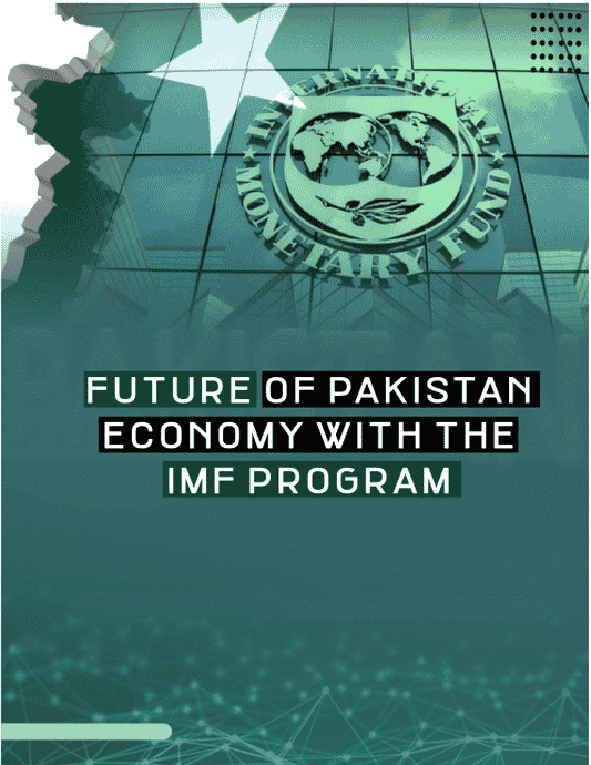INTRO…
It is difficult to predict the future of Pakistan’s economy with certainty, as it will depend on a variety of factors such as global economic conditions, domestic policy decisions, and external events. However, there are a few trends and challenges that are likely to shape the future of Pakistan’s economy.
One trend that is likely to continue is the growing importance of the service sector in Pakistan’s economy. The service sector, which includes industries such as finance, telecommunications, and tourism, has been a major driver of economic growth in Pakistan in recent years and is expected to continue to play a significant role in the future.
Another trend that is likely to shape Pakistan’s economy is the increasing importance of technology and innovation. Pakistan has a large and growing population of young people with a strong interest in technology and entrepreneurship, and the government has made efforts to support the development of a vibrant tech ecosystem. This could lead to the growth of new industries and businesses in the country.
However, Pakistan’s economy also faces a number of challenges. One major challenge is the high level of debt and fiscal deficit, which has put pressure on the country’s financial stability. In addition, Pakistan’s infrastructure, including its energy and transportation systems, is in need of significant investment and improvement. Finally, Pakistan faces ongoing challenges related to security and stability, which can impact economic activity and investment.
Overall, the future of Pakistan’s economy is likely to be shaped by a combination of these trends and challenges, and will depend on the ability of the government and private sector to address these issues and create a more stable and prosperous future for the country.








